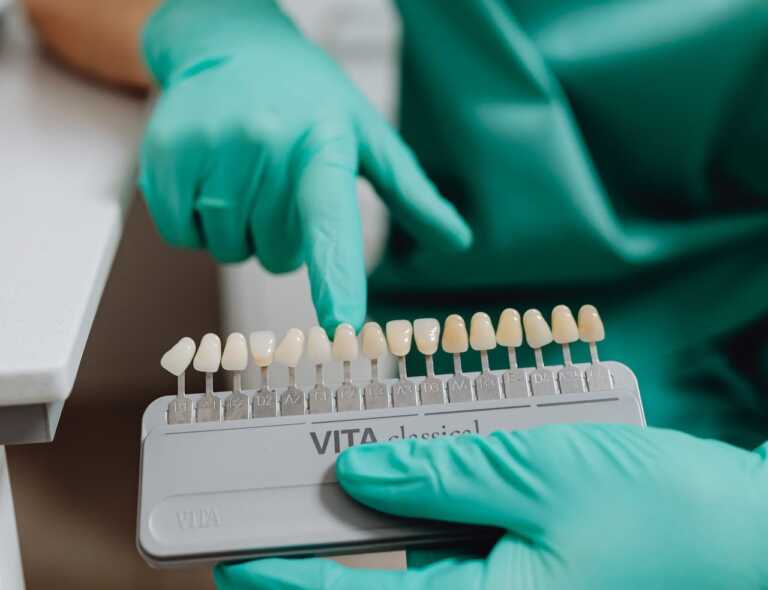Dealing with the aftermath of a dog attack can be a traumatic and confusing time. Whether you’re coping with physical wounds, navigating legal waters, or dealing with emotional distress, understanding the proper steps to take following an attack is crucial. This comprehensive guide offers clear and concise advice for anyone who has been bitten by a dog, helping to manage the situation effectively and foster the healing process.

Understanding Dog Attacks
Statistics and Common Scenarios
Dog attacks can happen unexpectedly and the damage caused can be severe. In the United States alone, there are approximately 4.5 million dog bites annually, as reported by the CDC. While not every dog bite leads to serious injury, it’s important to know that these incidents can and do occur in various forms, from minor nips to significant maulings.
Understanding the scenarios in which most dog attacks occur can help individuals better avoid high-risk situations. Such situations include dogs feeling threatened, protecting their territory, or being in a state of excitement.
Legal Implications and Responsibilities
Dog owners have a responsibility to control their pets and prevent them from causing harm to others. When they fail to do this, legal implications can arise. The specifics can vary by jurisdiction, but generally, owners may be held liable for their dog’s behavior, particularly if the dog has shown aggressive tendencies in the past.
Immediate Actions to Take
Assessing the Severity of the Injury
After experiencing a dog bite, it is crucial to promptly assess the wound for proper care. This includes examining the area for any signs of infection or deeper tissue damage. For minor injuries, such as superficial scratches or small punctures, basic first aid techniques can often be sufficient. These may involve gently cleaning the wound with mild soap and water, followed by the application of an antiseptic solution. It is important to keep the wound clean and dry, and to monitor it for any signs of worsening or persistent pain. In some cases, a sterile bandage may be applied to protect the area and promote healing. However, it is always recommended to seek medical attention, especially for more severe bites or if there are concerns about infection or tetanus.
Seeking Medical Attention
For severe bites, it is crucial to seek immediate medical attention as dog bites can lead to infections or more serious complications. Infections can occur due to bacteria present in the dog’s mouth, potentially causing cellulitis or even sepsis if left untreated. Furthermore, deep bites can damage nerves, blood vessels, or muscles, requiring surgical intervention. Detailed documentation of your injuries and the medical care you receive can be important when seeking compensation later on, as it provides evidence of the severity and impact of the incident. In some cases, tetanus shots and rabies vaccinations might also be necessary, depending on the situation and the dog’s vaccination history. It is always better to err on the side of caution and consult with a healthcare professional to ensure appropriate treatment and prevention of any potential complications.
Reporting the Accident
It is of utmost importance to promptly report any dog attack to the appropriate local authorities, such as animal control or the police. Reporting serves as a crucial step in formally documenting the incident, ensuring that it is officially recorded and acknowledged. Not only does this contribute to holding responsible parties accountable, but it also aids in the prevention of future attacks by the same dog, as appropriate actions can be taken to address the situation effectively. Your cooperation in reporting such incidents plays a vital role in safeguarding the well-being of the community and promoting a safer environment for all.
Addressing Emotional and Psychological Impact
Experiencing a dog attack can have a profound impact on one’s emotional well-being. The lasting effects of fear, anxiety, and even post-traumatic stress can linger long after the incident. It is crucial to recognize the significance of these emotional wounds and take proactive steps to address them. Seeking the support and guidance of a qualified mental health professional can provide a safe space for healing and help individuals navigate the complex emotions associated with such traumatic events. Remember, taking care of your mental health is just as important as addressing the physical injuries caused by a dog attack.
Legal Considerations and Seeking Compensation
Consultation with an Attorney
In addition to seeking medical attention, it is crucial to consult with an experienced personal injury attorney as soon as possible. A dog attack lawyer can provide valuable guidance and support in navigating the legal process and ensuring that your rights are protected. They can also assist in gathering evidence, negotiating with insurance companies, and pursuing compensation for any damages incurred as a result of the attack, as this dog bite lawyer in Detroit explains. So, if you have been injured in a dog attack, it is imperative to seek the assistance of a legal professional who can help you understand your options and make informed decisions.
Understanding Liability and Negligence
Ownership liability and negligence are crucial factors that can heavily influence the outcome of a dog attack case. Determining who is responsible for the incident and whether there was any negligence involved requires a deep understanding of these legal concepts. Seeking professional insight becomes imperative in navigating the complexities and intricacies of such cases, ensuring that justice is served and the rights of all parties involved are protected.
Pursuing Compensation for Medical Expenses, Lost Wages, and Emotional Distress
A dog attack can result in significant financial strain due to medical expenses, lost wages if you’re unable to work, and compensation for emotional distress. Seeking damages with the help of a specialized attorney can help alleviate some of these burdens.
Preventing Future Dog Attacks
To significantly decrease the likelihood of being involved in a dog attack, there are several simple yet crucial measures that can be taken. One such measure is to refrain from approaching unfamiliar dogs, as this can help avoid any potential conflicts or misunderstandings between humans and canines. Additionally, it is important to closely supervise children when they are interacting with pets, ensuring their safety and preventing any unintended harm. Furthermore, being able to recognize signs of aggression or distress in dogs can be vital in preventing any potential incidents. By being aware of these signs, such as growling, barking, or showing signs of fear or anxiety, individuals can take appropriate precautions and maintain a safe environment for themselves and others.

Overcoming an injury from a dog attack takes time and can involve multiple aspects, from medical to legal. By understanding the course of action to take immediately after an incident, treating your injuries properly, and addressing the emotional impact, you can recover more effectively and completely. Moreover, knowing your rights legally can support you in the event of seeking compensation.
If you find yourself navigating this difficult ordeal, remember that resources and professionals are available to help you through each step of the process.
Remember to take a proactive approach to this situation by becoming informed and prepared. Your well-being and peace of mind are invaluable, and with the right response, recovery from a dog attack is entirely possible.





